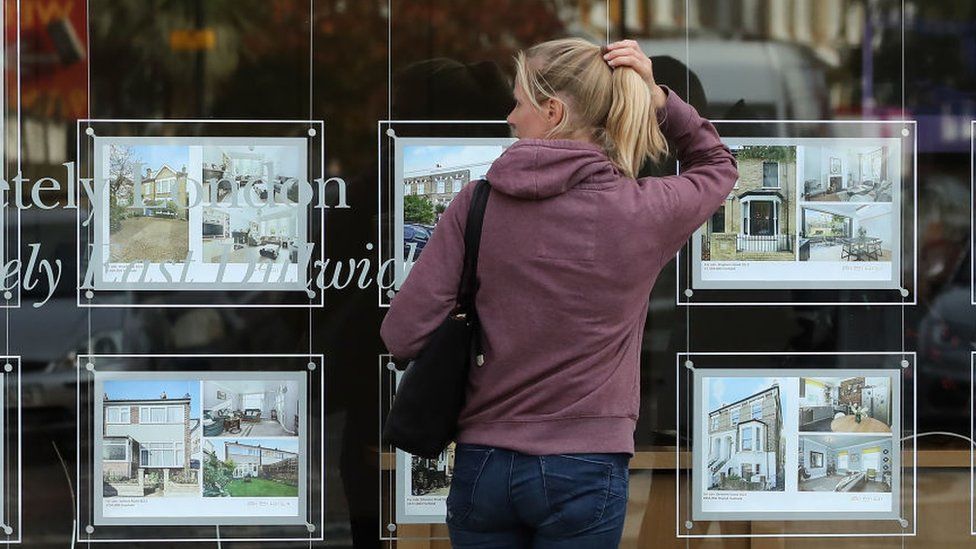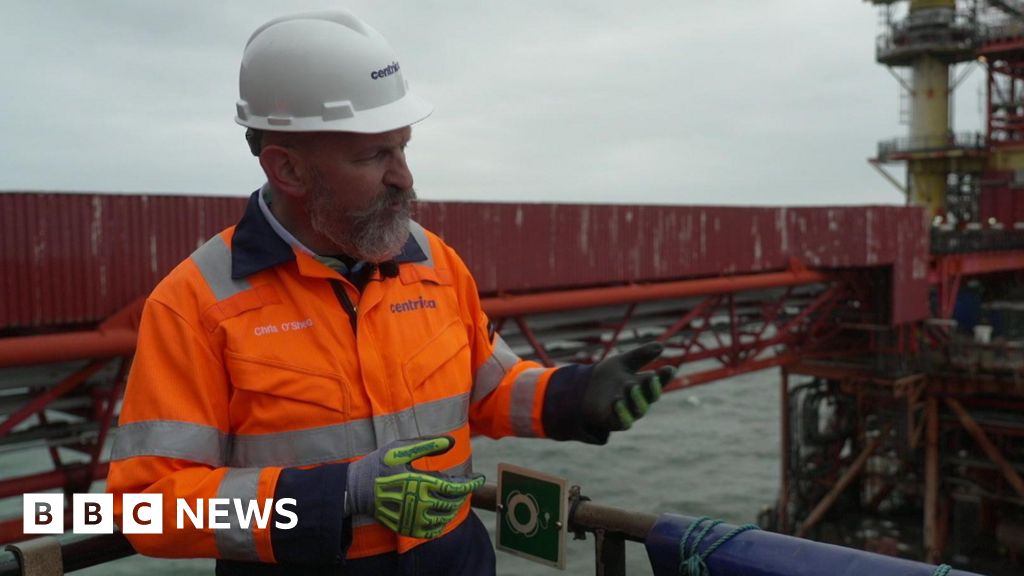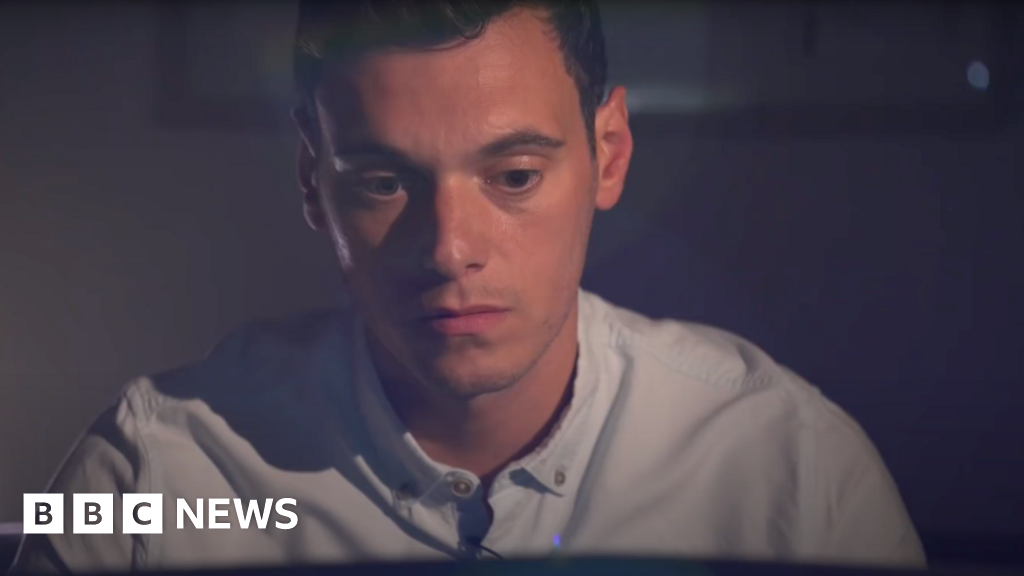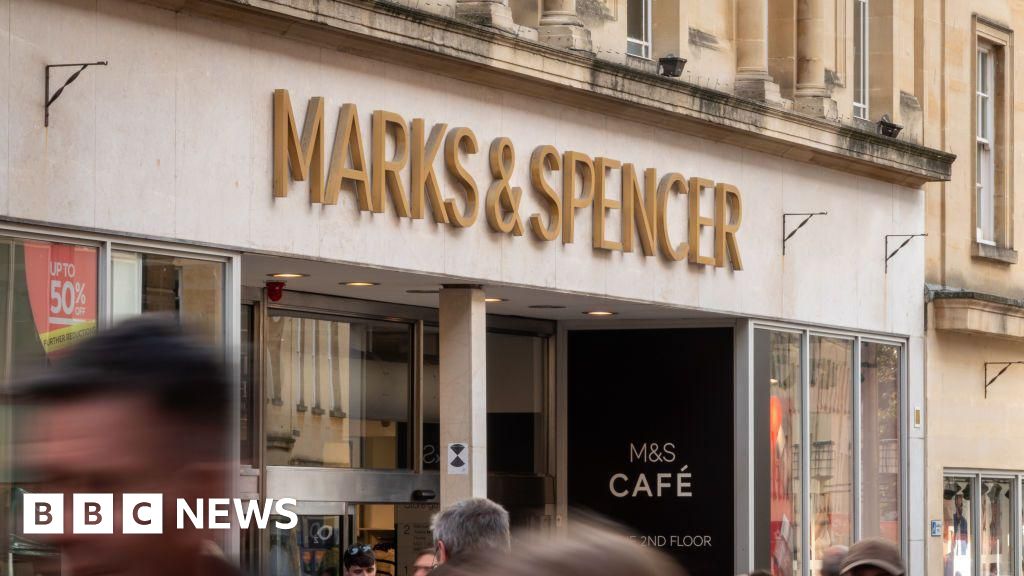ARTICLE AD BOX
 Image source, Getty Images
Image source, Getty Images
By Tom Espiner & Laura Kuenssberg
BBC News
Help for people struggling with their mortgages is being kept "under review", cabinet minister Michael Gove has said.
But any financial assistance would be a decision for the Treasury, he told Laura Kuennsberg.
He also warned any help similar to Covid or energy bill schemes risked driving up interest rates further.
The BBC understands that the Treasury has no current plans to give mortgage relief.
Asked on Sunday with Laura Kuenssberg whether the government would consider stepping in to the mortgage market, Mr Gove said there is a "difference between keeping under review and ruling out" a scheme similar to the wages support given during Covid.
But he said if public money is spent to "deal with particular crises" then "you are inevitably adding to the stock of public debt" which puts pressure on interest rates.
"The worst thing to do would be to spend money to provide a short term relief which would then mean that our overall finances were in a weaker position, and interest rates were higher for longer, and inflation was higher for longer," Mr Gove added.
The government has no desire to write another enormous cheque for householders who can't pay the bills, but it is still possible that the political pressure might, in time, become too great for them not to act.
Hundreds of thousands of people face huge hikes in their mortgage rates due to rising interest rates.
People looking to remortgage their homes will pay an average £2,900 a year more from 2024, the Resolution Foundation think tank said on Saturday.
It predicts the average two-year fixed rate deal will hit 6.25% later this year, leaving the UK in a "mortgage crunch".
There is a government scheme already to help people on benefits - the Support for Mortgage Interest scheme - but the Treasury at relies on banks having to support mortgage holders who are struggling.
Around 800,000 people are expected to remortgage next year, the group said.
In December the Bank of England said about four million UK households would face higher mortgage payments in 2023, with the average monthly bill rising by £250.
What happens if I miss a mortgage payment?
- A shortfall equivalent to two or more months' repayments means you are officially in arrears
- Your lender must then treat you fairly by considering any requests about changing how you pay, perhaps with lower repayments for a short period
- Any arrangement you come to will be reflected on your credit file - affecting your ability to borrow money in the future

 1 year ago
29
1 year ago
29








 English (US) ·
English (US) ·